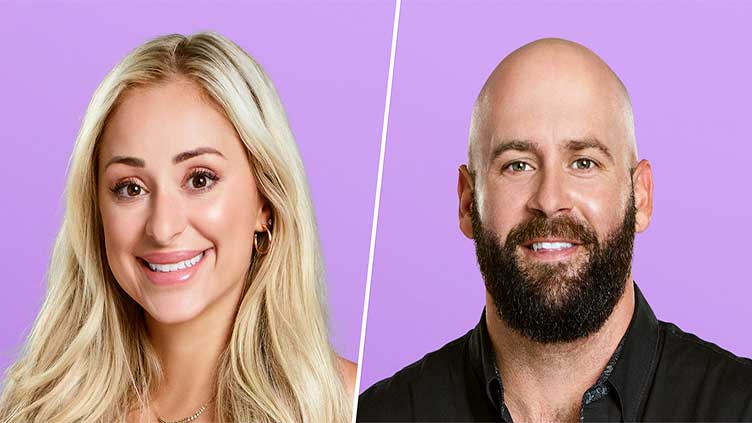'Love is blind' contestant sues Netflix, claims she was forced into relationship with homeless addict

Entertainment
'My experience on 'Love is Blind' was traumatic
(Web Desk) - A former ‘Love is blind’ contestant is detailing her "traumatic" experience on the series in a lawsuit against Netflix and the show's production company Delirium TV.
Renee Poche, who earned $8,000 for starring in 2022's Season 5, was initially sued by Delirium for $4 million after she slammed her time on the show, allegedly violating her nondisclosure agreement.
In her own lawsuit, she wants to void her contract and accuses Netflix and Delirium of intentional infliction of emotional distress and violating California's labor laws, according to Variety.
She recalled starring in the Houston-based season after being contacted by a casting agent on Instagram.
Once secured for the show, she was allegedly forced to spend her first night in a hotel room and couldn't leave without a cast wrangler.
She ultimately began dating cast mate Carter Wall, who was allegedly homeless and struggled with alcoholism and addictions to amphetamines. He also allegedly didn't have a job nor any money.
"My experience on Love is Blind was traumatic," Poche told the outlet. "I felt like a prisoner and had no support when I let Delirium know that I didn't feel safe.
I tried to deal with these emotions over time and eventually felt like I needed to share what had happened. I felt it was only right to let others know the truth of what all of the castmates had to endure."
Her attorney, Bryan Freedman, who is representing her with Mark Geragos, called out the show and told Variety, "These so-called reality TV contracts are, in reality, illegal.
They are designed for an illegal purpose and are void as a matter of law. We have hundreds of clients who are ready to assert their claims."
Freedman noted that Poche's agreement simply "protects" the production company and Netflix and is "in sum, a license to wreak emotional and financial havoc all while profiting for an eternity."
Geragos added that he initially thought reality TV contracts "were some sort of prank."


